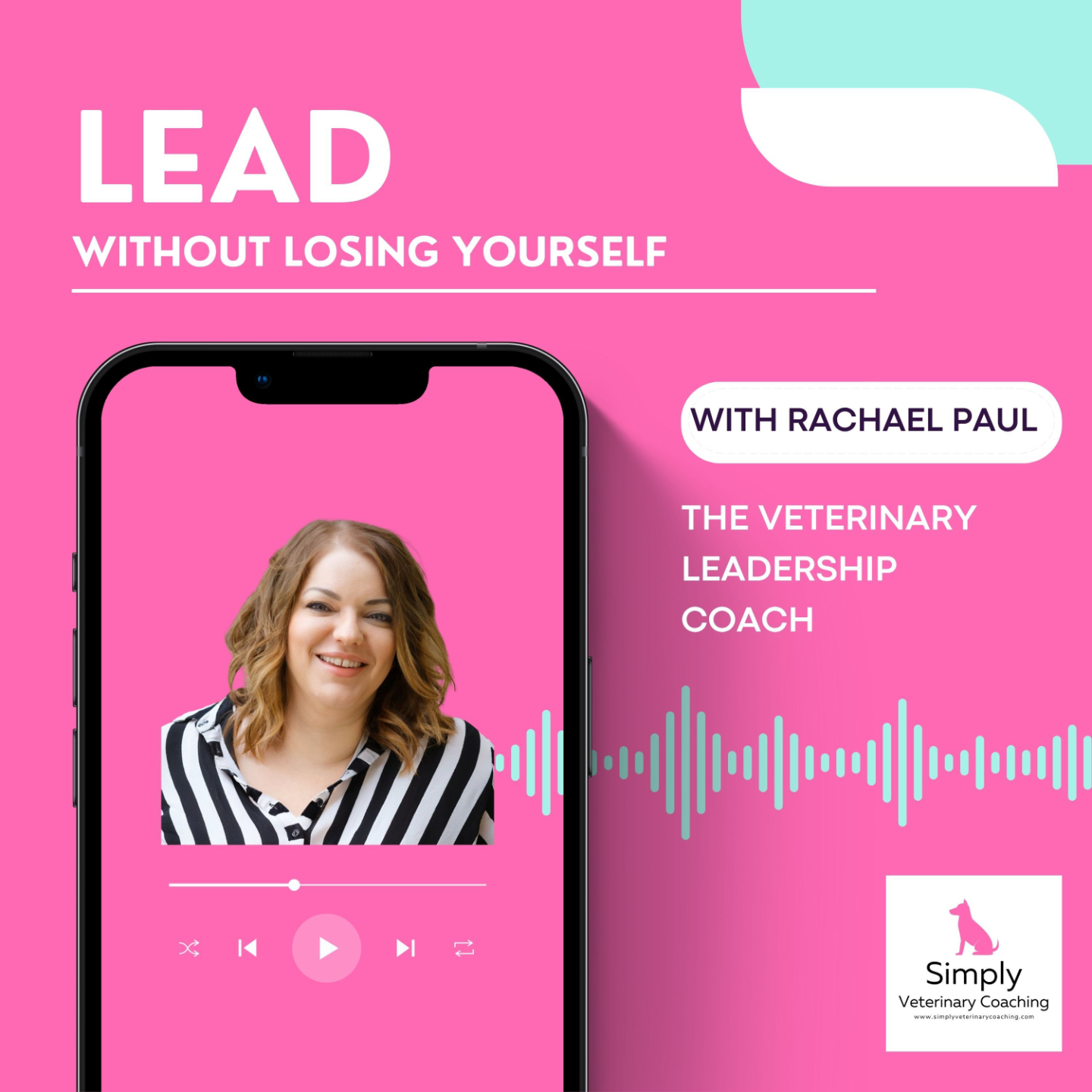It's Not About Being More Confident, It's About Courage
The word ‘confidence’ comes from the Latin meaning ‘with trust’. When we are confident, not only do we gain trust from others (i.e., we appear more trustworthy), but we also trust ourselves. This is why confidence is the foundation to great leadership. Without trust, you won't get very far.
But what if you don't feel confident? What if you have one of those weeks where a series of problems has worn you down and you start to question your abilities as a leader? How do you feel more confident then?
The mistake is to think it's more confidence you need, because there's something that happens before you develop confidence.
When you feel confident about something often it's because it's something you've done before and have gained a certain level of competence in. But if you haven't done something before it's courage that allows you to take that leap into the unknown and try something new, which later develops into confidence.
If you're relatively new to leadership for example, you are going to be stretched in ways you haven't experienced before and face many new and interesting challenges that will probably wobble your foundations. Courage is what allows you to lean into those challenges, to lean into your edges and find that stretch zone. Courage will allow you to do things that scare you, such as having a difficult conversation with an employee.
Confidence isn't a requirement to try new things, it's actually the end result. Often people get it the wrong way round and end up not starting something at all because they feel they should be more confident in order to get going. For example, I've discovered one of the main reasons for people not considering the route of leadership in the veterinary profession is lack of confidence. They feel they need to be more confident to be taken seriously and respected as a leader. They'll look at the leaders they admire and think, "They are so confident", and think they are not good enough to give it a go themselves. Or they think, "I'll explore leadership when I feel more confident. I'll just do a few more courses on leadership before I start moving in that direction." What they are often doing is comparing themselves to someone with many more years of experience under their belt, and someone who has flexed and strengthened their courage muscles many times over to develop that confidence.
Confidence is intentional, and it starts with having the courage to set the intention, then taking action to do the things that scare you, in order to earn the payoff of confidence.
Here are a few things you can do to flex your courage muscles and develop your confidence as a leader:
- Write a list of things that scare you.
Whether it's a conversation you know you need to have with an employee, a new idea you have for the practice that you're procrastinating over starting, a surgical procedure you want to feel better about, or something in your personal life that you've always wanted to try but haven't felt confident enough to do it. You can start small or choose the "go big or go home" mentality, but whatever you do, just make the commitment to yourself to start crossing items off this list. Confidence is built one step at a time. Stretch yourself periodically and make being courageous a habit.
- Differentiate confidence from competence
The second thing you can do is to recognise whether it's confidence or competence you're lacking. If it's competence, then ask yourself what you need to learn more about, and practice more of, to upskill, and in turn develop confidence?
- Drop the destination mindset.
Confidence isn't the final destination. A clue to whether you have a destination mindset around confidence is when you say or think things like, "I will feel more confident when I have 2 years under my belt as a leader" or "I will feel more confident when I do another leadership course". Confidence may be a result of doing those things, but it isn't the only result. Because if you don't feel more confident when you've done the course or gained those 2 years' experience, will you have failed? What's even more important is who you're becoming in the process.
Remember, to develop confidence you need courage. To stretch your courage muscles you have to do things that scare you. Confidence is the payoff for being courageous over and over again. Confidence means 'with trust', and to trust yourself you have to show up for yourself and others, serving people courageously.

